If you’re an avid gardener seeking to maximize your harvest and make the most of your garden space, succession planting is a technique you should embrace. By strategically planning and planting crops in a sequence, you can enjoy a continuous supply of fresh produce throughout the growing season.
In this article, we will explore the concept of succession planting, and its benefits, and highlight a variety of plants that lend themselves well to this approach, allowing you to extend your harvest and make the most of your gardening efforts. Moreover, with the right selection of crops and proper harvesting techniques, you can enjoy a diverse range of flavors and nutritional benefits while maximizing the productivity of your garden.
Understanding Succession Planting
Succession planting is a method that involves planting crops in a sequence, ensuring a continuous harvest by replacing finished crops with new ones throughout the growing season. This technique not only optimizes space utilization but also maximizes your yields and allows you to enjoy a diverse range of crops at their peak freshness.
The advantages of cultivating succession planting veggies are numerous. First, you can enjoy a regular supply of fresh, nutrient-rich vegetables without the need for replanting. This not only saves time but also maximizes the use of garden space. Additionally, repeated harvesting stimulates the plants to produce more foliage, promoting healthier growth and higher yields over time.
Plants Ideal For Succession Planting
Numerous plant varieties lend themselves well to succession planting. Here are a few popular options:
1. Leafy Greens
Lettuce, spinach, kale, Swiss chard, and arugula are quick-growing crops that can be succession planted for a continuous harvest of fresh and nutritious leaves.
Lettuce
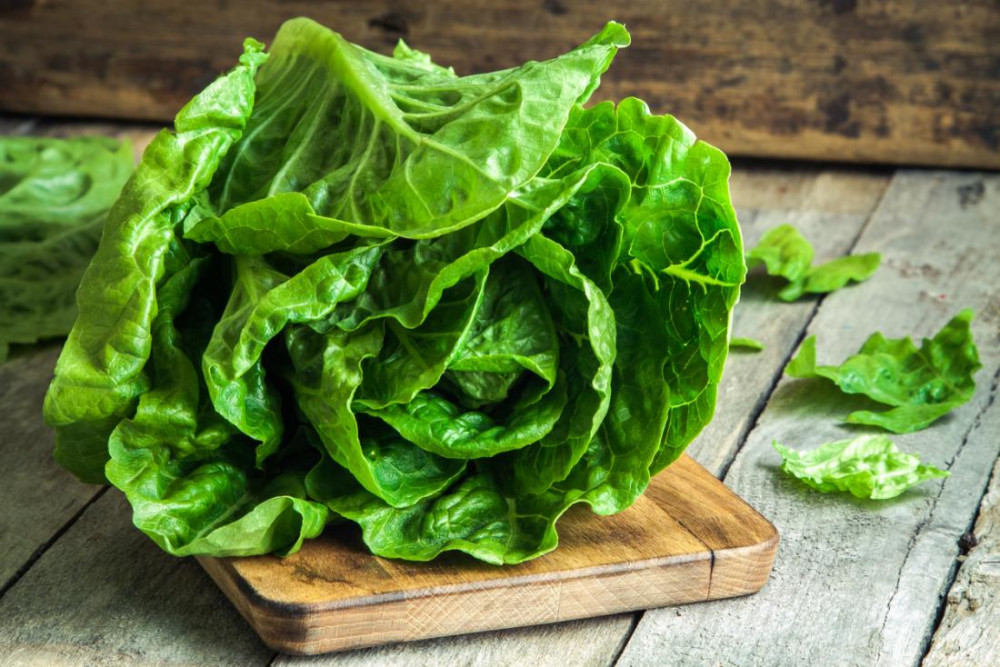 Source: Medical News Today
Source: Medical News Today
Spinach
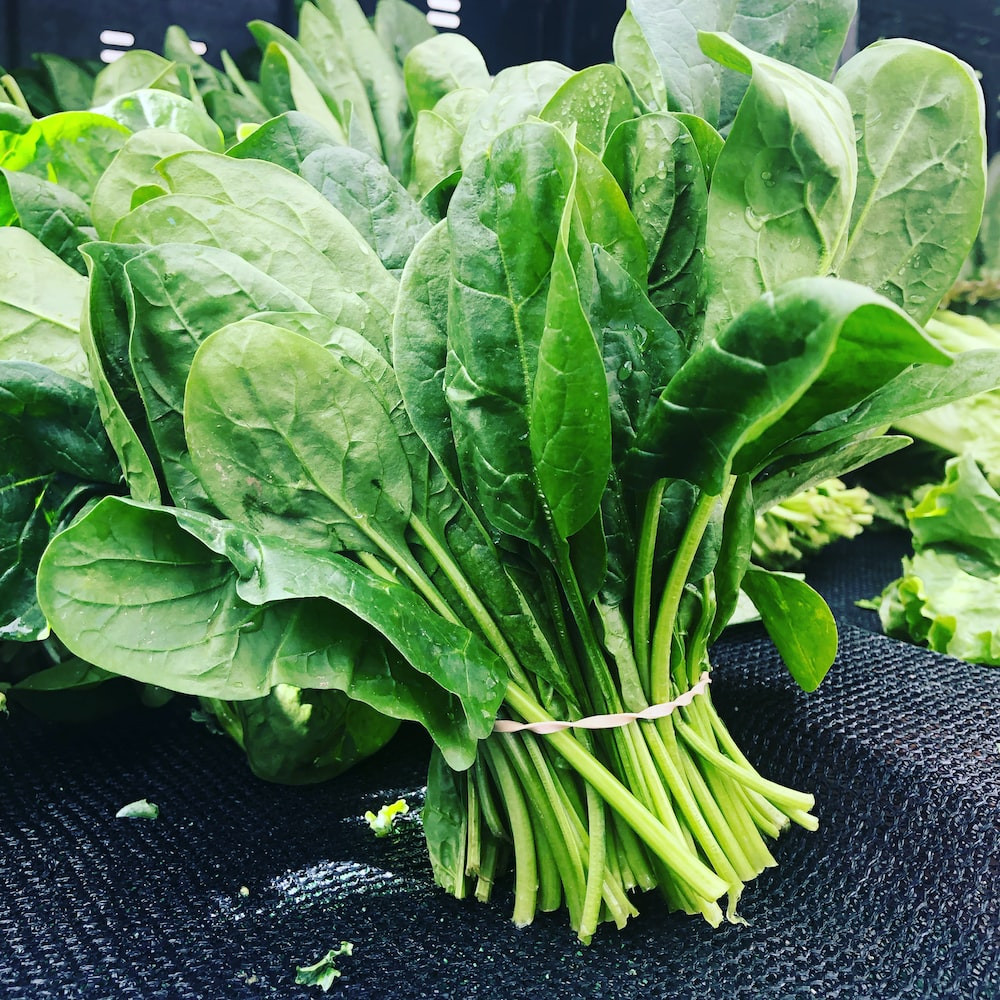 Source: Unsplash
Source: Unsplash
Swiss Chard
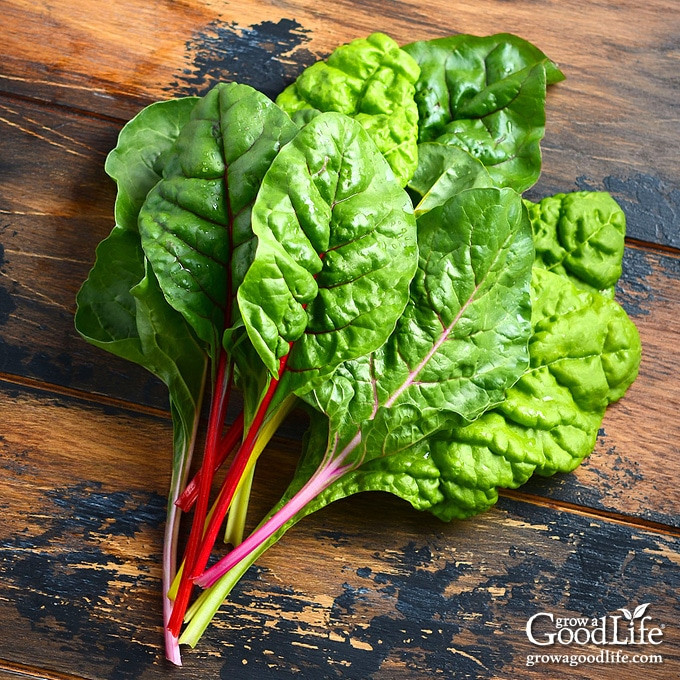 Source: Grow a Good Life
Source: Grow a Good Life
Kale
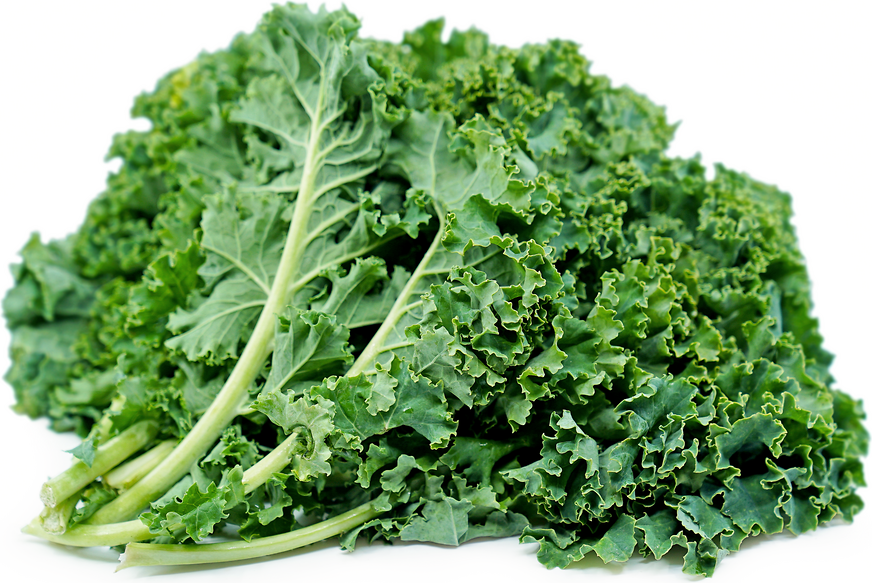 Source: Specialty Produce
Source: Specialty Produce
Arugula
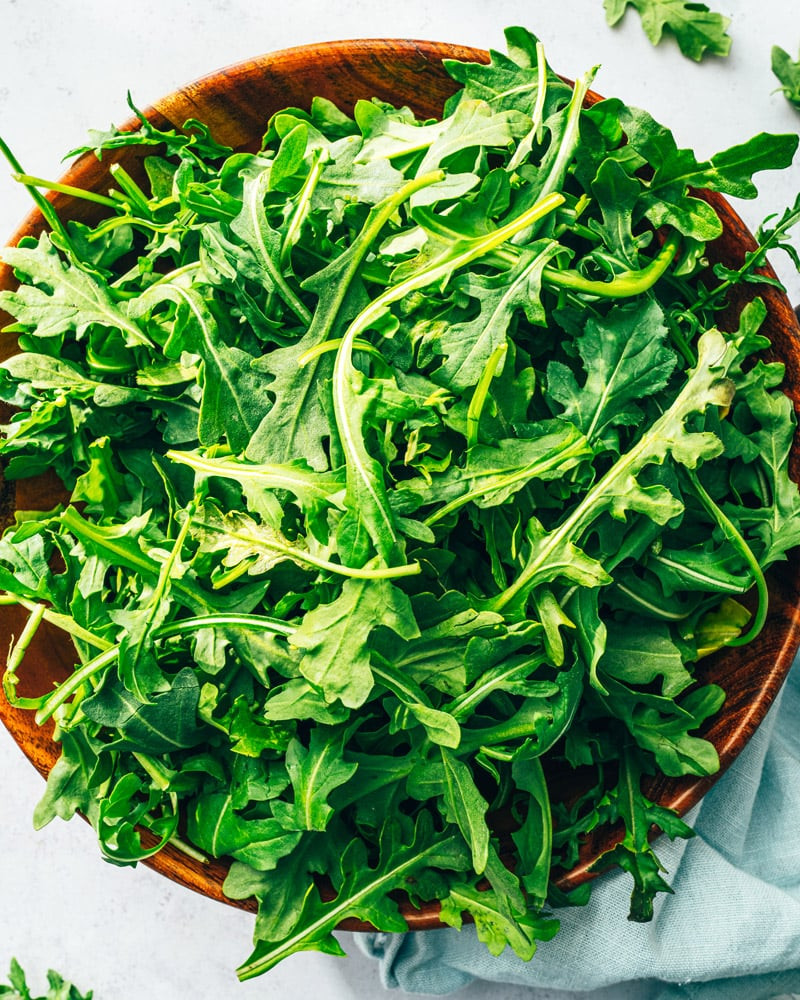 Source: A Couple Cooks
Source: A Couple Cooks
2. Root Veggies
Carrots, radishes, turnips, and beets are excellent choices for succession planting. Sow seeds in intervals to ensure a steady supply of these tasty and versatile root vegetables.
Carrots
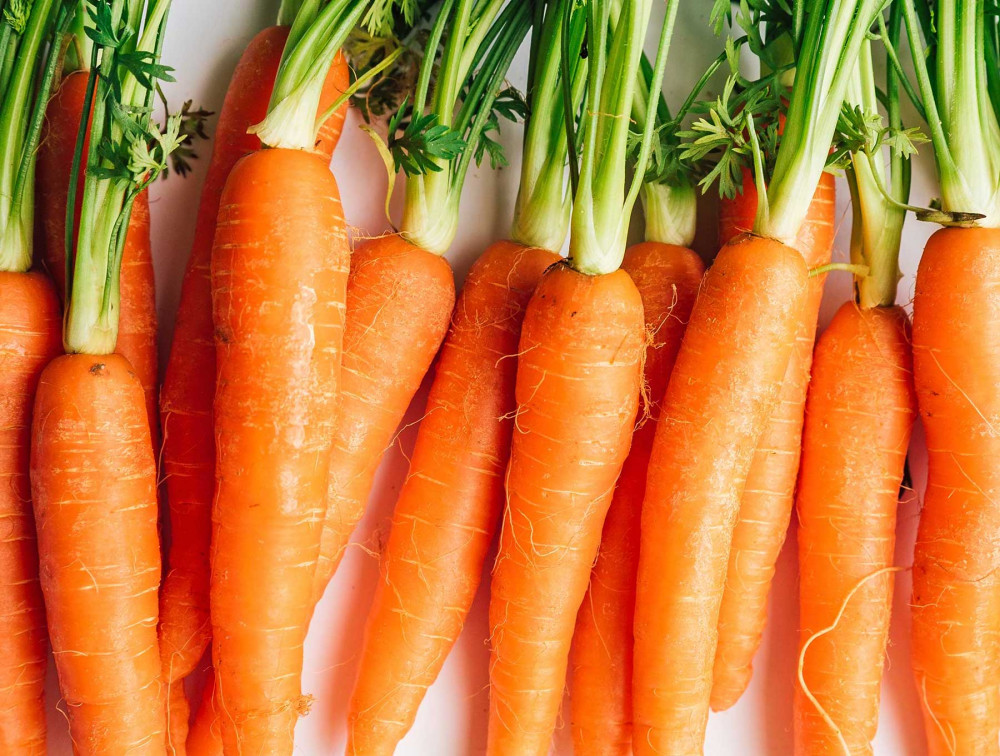 Source: Live Eat Learn
Source: Live Eat Learn
Radishes
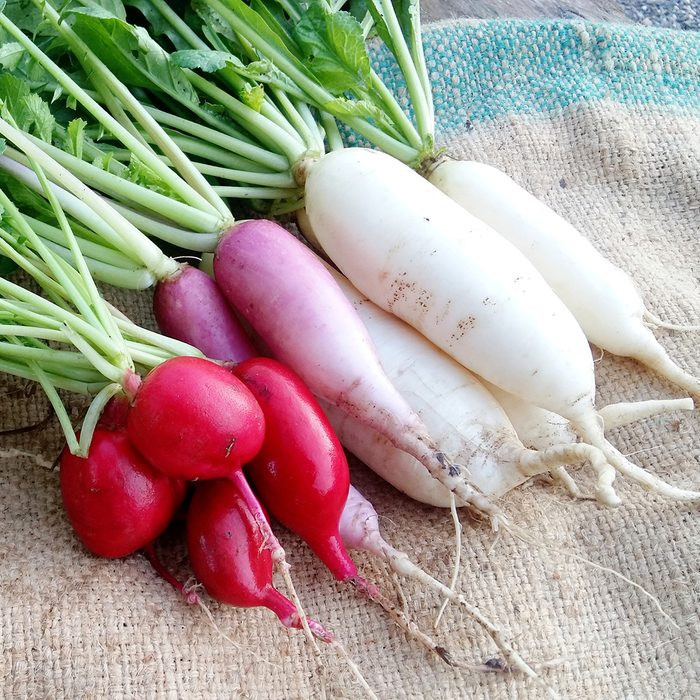 Source: Taste of Home
Source: Taste of Home
Turnips
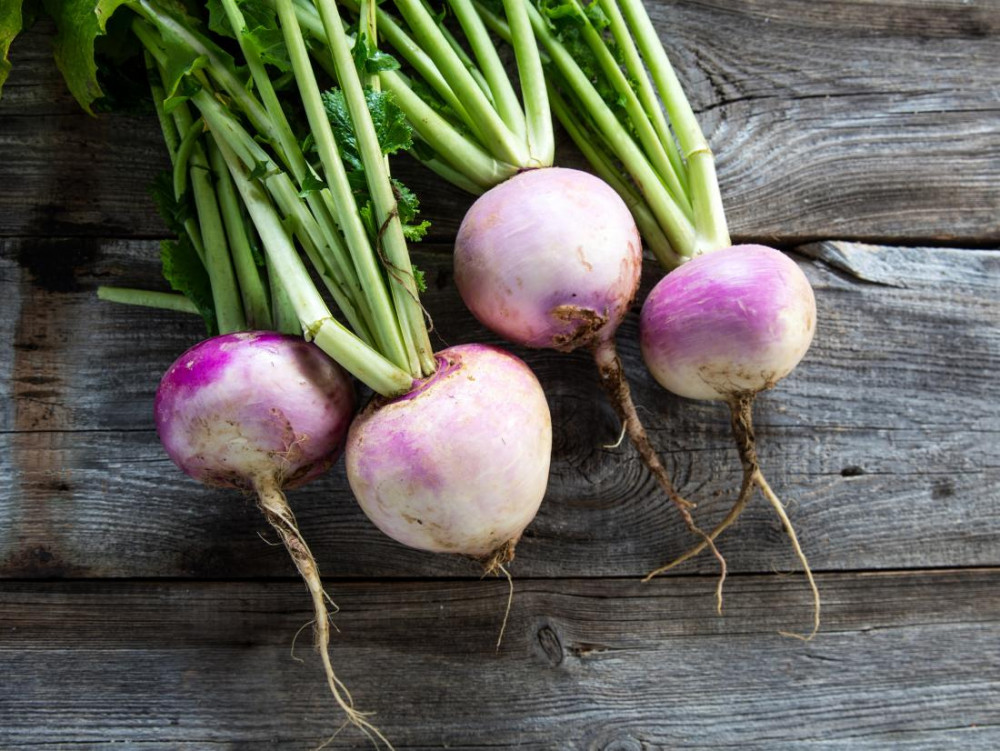 Source: Medical News Today
Source: Medical News Today
Beets
 Source: Dr. Axe
Source: Dr. Axe
3. Beans And Peas
Bush beans and peas can be planted successively every few weeks, allowing you to enjoy a continuous harvest of these legumes throughout the season.
Bush Beans
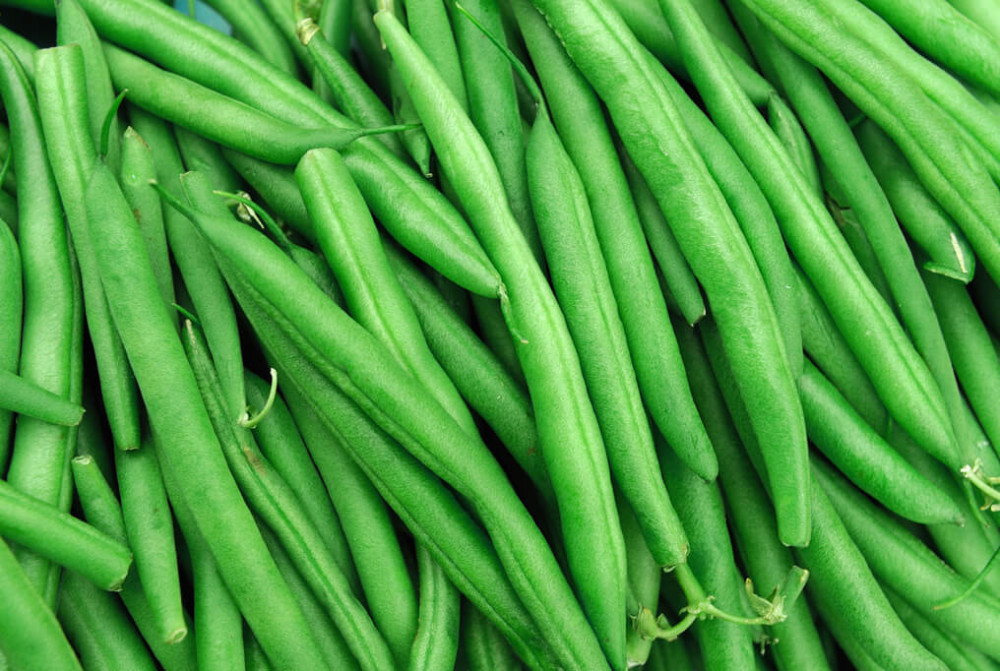 Source: Hoss Tools
Source: Hoss Tools
Peas
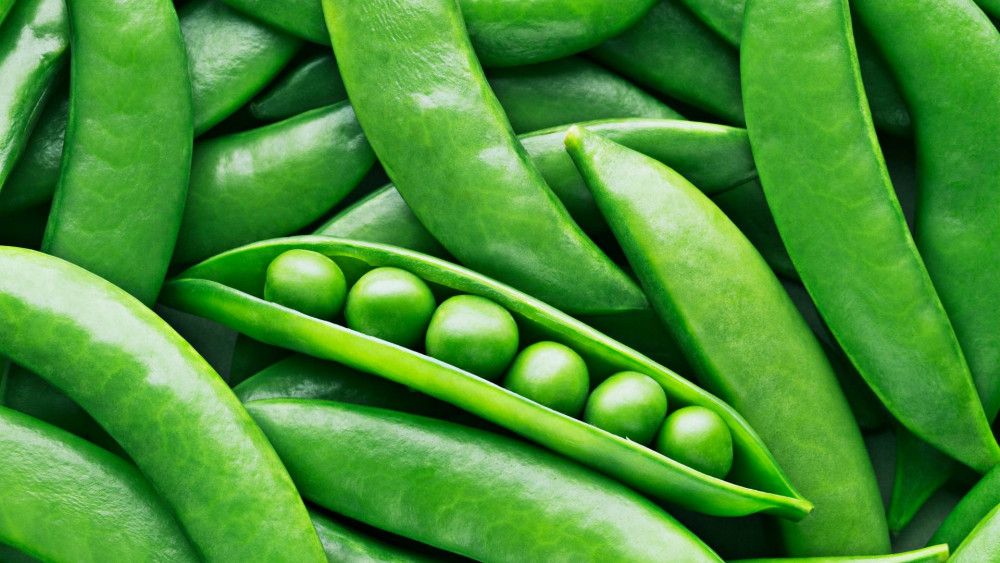 Source: Physicians Committee for Responsible Medicine
Source: Physicians Committee for Responsible Medicine
4. Cucumbers and Zucchini
These fast-growing vining vegetables can be succession planted to ensure a continuous supply of fresh cucumbers and zucchini throughout the summer months.
Cucumbers
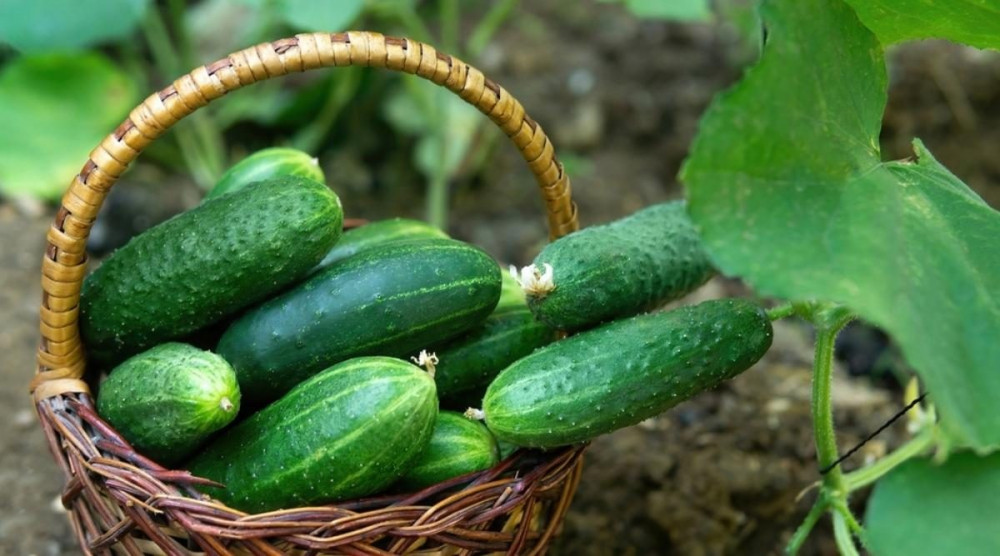 Source: All About Gardening
Source: All About Gardening
Zucchini
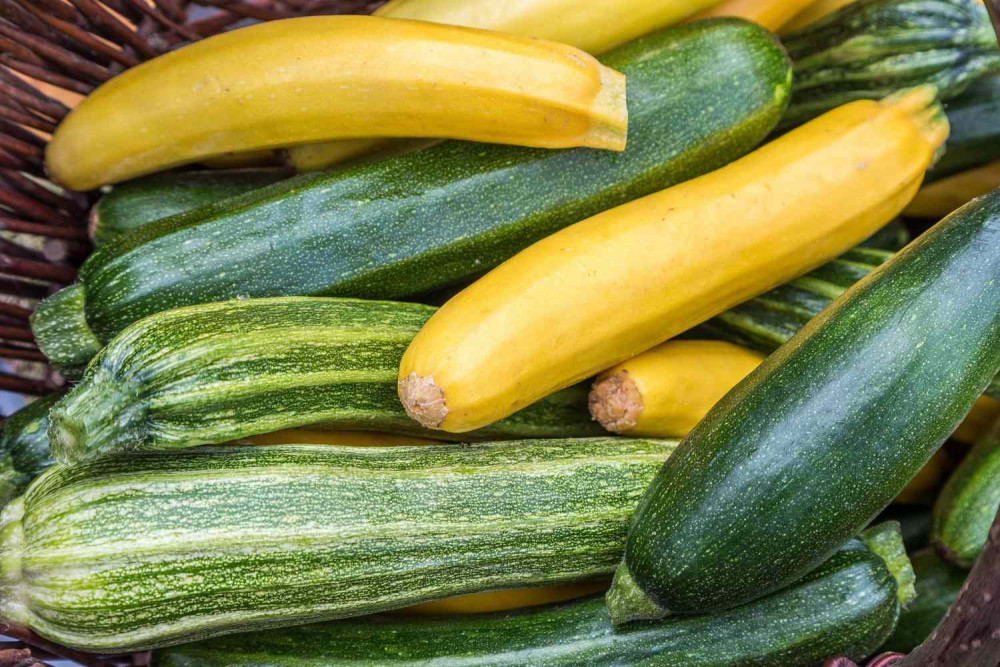 Source: Allrecipes
Source: Allrecipes
5. Herbs
Basil, cilantro, parsley, and other herbs can be grown in succession to ensure a constant supply of aromatic and flavorful herbs for your culinary endeavors.
Basil
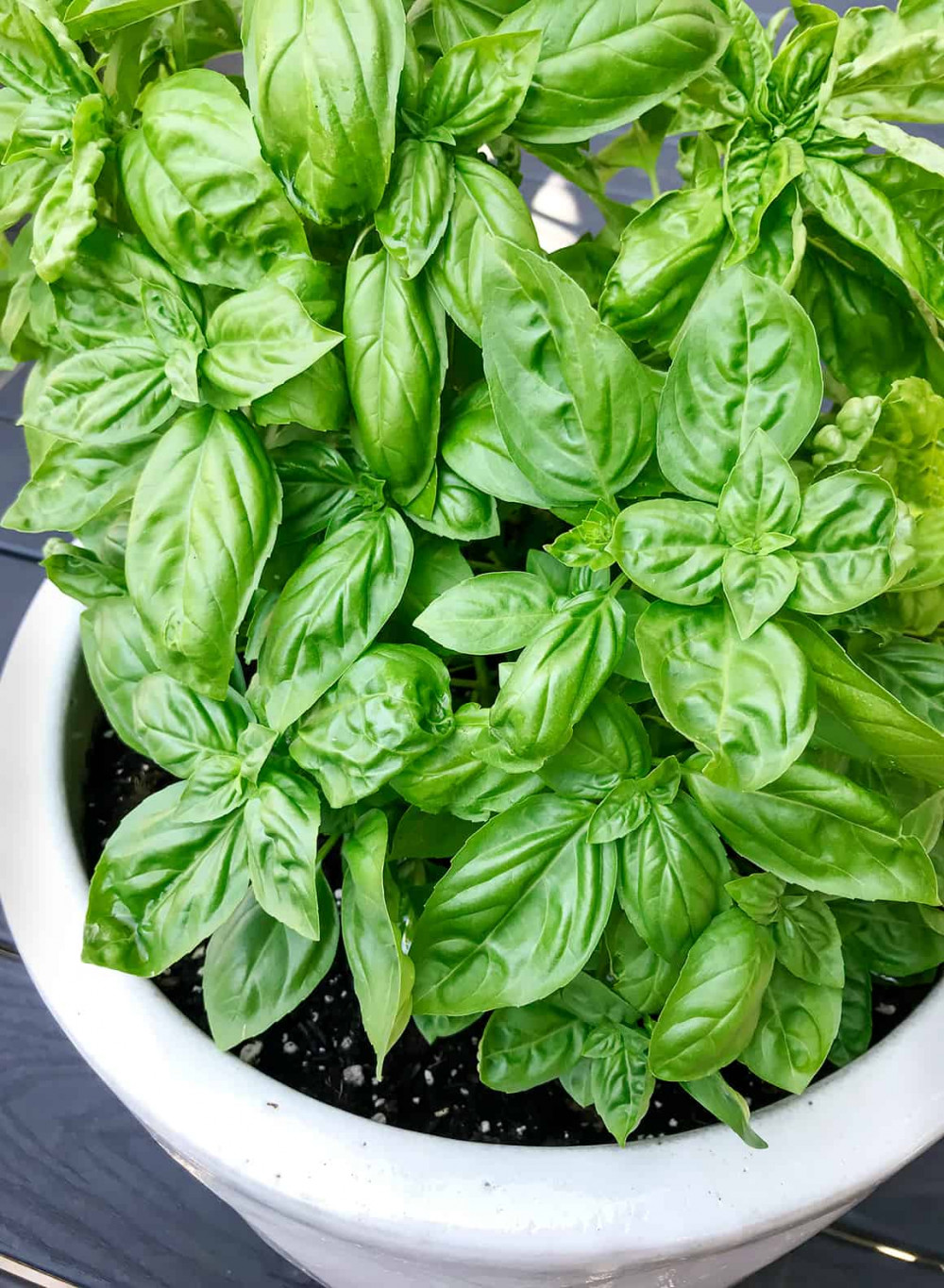 Source: Love and Lemons
Source: Love and Lemons
Cilantro
 Source: The Spruce
Source: The Spruce
Parsley
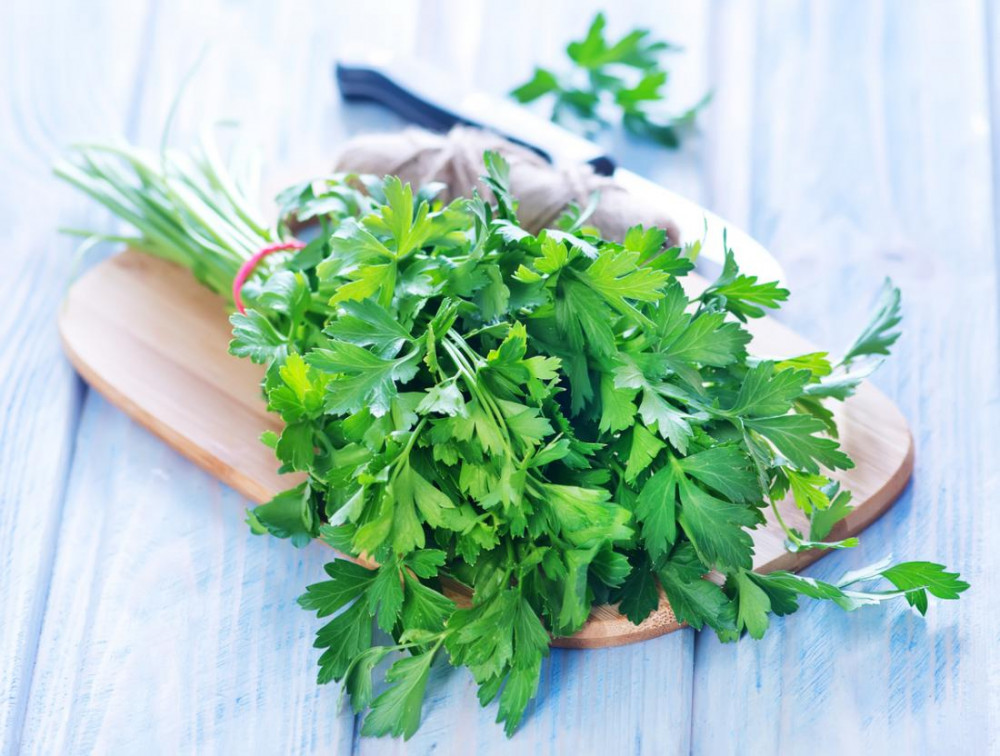 Source: Medical News Today
Source: Medical News Today
Tips for Success
To succeed with succession planting, consider the following tips:
- Plan Your Planting Schedule: Create a planting schedule that takes into account the maturity dates of different crops, allowing you to time your successions appropriately.
- Start Seeds Indoors: Starting seeds indoors can give you a head start, allowing for a smooth transition between crops and minimizing any gaps in production.
- Optimize Soil Fertility: Prioritize soil health by incorporating organic matter, compost, and appropriate fertilizers to ensure that each new planting has optimal growing conditions.
- Monitor Planting Dates: Keep track of the planting dates for each crop to ensure timely succession plantings and avoid missed opportunities.
